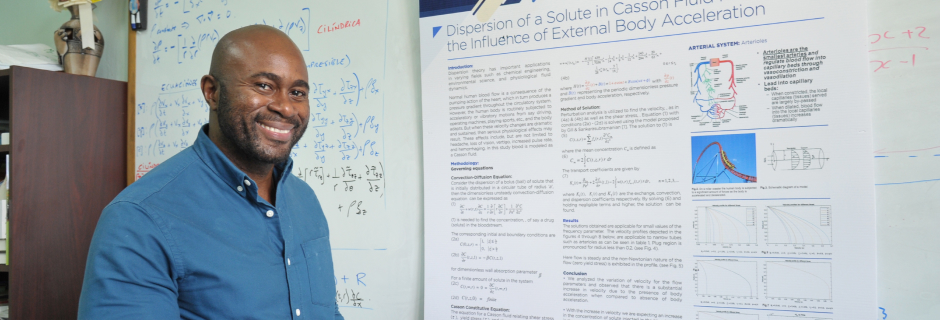

Each student receives guidance from an Advisory Committee that consists of a Supervisor, who is an expert in the area of research to be undertaken, and at least two other persons with related expertise.
The Board of Graduate Studies has issued the following guidelines for Graduate Studies regarding research. Please consult the Graduate Studies Guide for Students and Supervisors (at Office of Graduate Studies & Research website above) for further details.
Graduate students have the following responsibilities:
Supervisors have the following responsibilities: